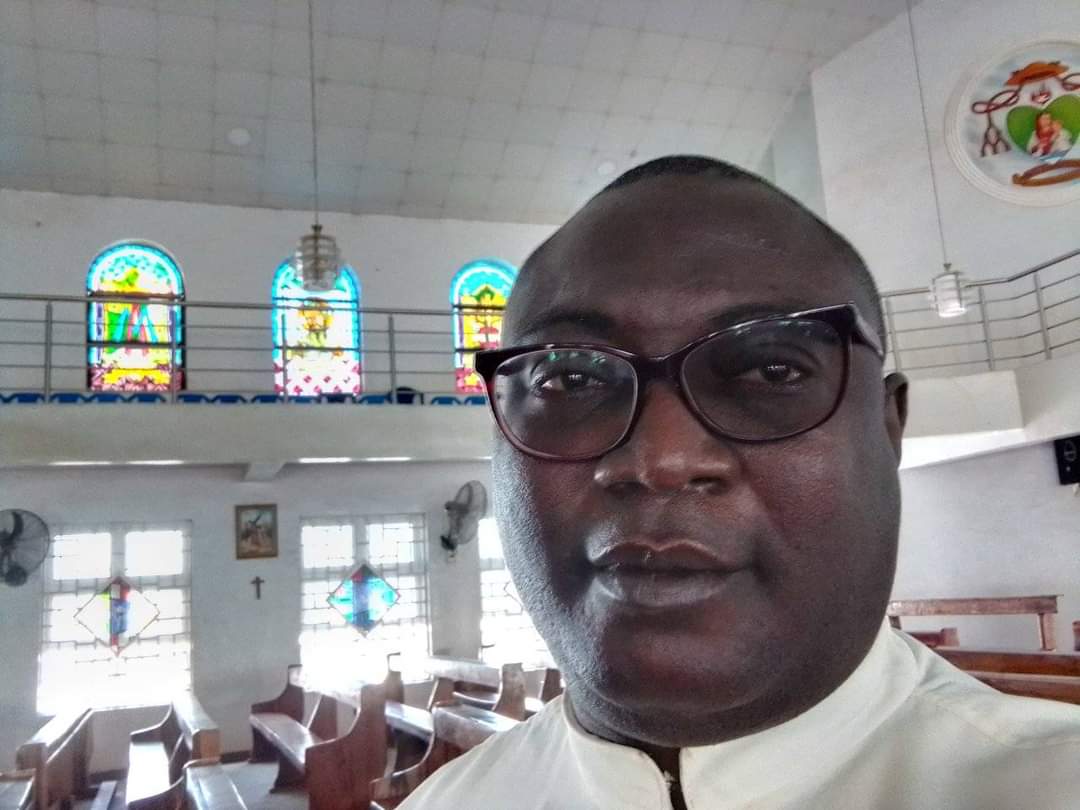The Bread of Life

The Solemnity of The Most Holy Body and Blood of Christ, Year A (11/06/2023)
(Deuteronomy 8:2-3, 14b-16a; Psalm 147:12-13, 14-15, 19-20; 1 Corinthians 10:16-17; John 6:51-58)
Fr. Samuel Odeh
“I am the living bread which came down from heaven; if anyone eats of this bread, he will live forever; and the bread which I shall give for the life of the world is my flesh” (John 6:51).
Today we celebrate the gift of the Eucharist that Jesus gave to the Church. Eucharist comes from the New Testament word Eucharistia which means ‘thanksgiving,’ with respect to the thanks and blessings Jesus offered over the bread and wine during the Last Supper. Today we celebrate The Most Holy Body and Blood of Jesus Christ. Today we are called to reflect on Jesus as the food which gives life to the believer. Just as ordinary food feeds us and gives us strength, so too the Body and Blood of Jesus feeds our souls and gives us strength for the journey towards our heavenly homeland.
In the first reading from the book of Deuteronomy, Moses invites the people to remember the care God lavished on them on their way from bondage and slavery in Egypt to freedom and entry into the promised land. During a period of forty years in the dry and dangerous desert or wilderness, God provided for them and fed them with manna from heaven. This manna kept them alive, from dying of hunger. In our gospel reading Jesus, while addressing a crowd for whom he had just worked a miracle of multiplying loaves, refers to himself as the living bread which has come down from heaven, just like the manna the ancestors ate in the desert. But unlike the manna in the desert, whoever eats the bread that Jesus gives will live forever, and will have eternal life. The crowd finds it hard to believe that Jesus has come down from heaven since they know him to be the son of Joseph and Mary. They could not welcome his message because he appeared too ordinary and familiar to them. This is still a challenge for us today because familiarity breeds contempt. We may deny honor and worship to the Eucharist because we have become familiar with all the things associated with its celebration. The crowd also find it hard to understand how Jesus was going to give them his flesh to eat. Jesus was only describing the deep and intimate connection with him that those who participate in the Eucharist will have. Just as the Passover lamb is eaten so too is Jesus eaten.
As Catholics, we believe that in the bread and wine present on the altar, Jesus is present as body, blood, soul, and divinity. Yes, in very graphic language we are invited to eat our God and to depend on him. We believe that when we receive the Eucharist God himself comes to live in us; the very life of God himself comes into us when we eat the Eucharist. Since we all eat the one Body of Christ, we are all one in communion with Christ and are also one Body in Christ. All those who share in the Eucharist, though many, are united as one Body in Christ. When we receive the Eucharist we ourselves come alive as Christ’s Body to the world. We must now live as food for others, as food for our brothers and sisters. Like Jesus on the Cross, we are to be broken body and poured out blood in loving service to others. May the Eucharist find a welcome home in our lives. May the Body and Blood of Christ keep us safe for eternal life. Amen.